Storage containers are an eco-friendly choice for a variety of reasons, and utilizing them contributes positively to environmental sustainability. Firstly, these containers are typically constructed from durable, long-lasting materials such as steel, which means they can be reused over a long period, reducing the need for new materials and minimizing waste. Unlike traditional storage solutions that might need frequent replacements or repairs, storage containers are resistant to the elements, meaning they remain in service longer without contributing to landfill waste.
Moreover, when storage containers reach the end of their lifecycle, they can often be recycled, further closing the loop of sustainable use. This recyclable nature reduces the carbon footprint associated with disposal processes. Additionally, many storage containers are repurposed from shipping containers, giving these units a second life beyond their intended use for freight, which is a significant eco-friendly practice.
The modularity of storage containers also allows businesses and individuals to utilize exactly the volume of space needed, optimizing the use of resources and space without excess. This allows for efficient space management and reduces the environmental impact associated with energy usage for heating, cooling, or lighting larger spaces.
Furthermore, opting for a storage container rental instead of constructing new storage structures is inherently more eco-friendly, as constructing buildings requires significant resources and energy. The transportation and delivery systems for these containers also often employ logistics designed to minimize fuel usage and emissions by ensuring deliveries are consolidated and routes are optimized.
Collectively, storage containers offer an environmentally responsible alternative to traditional storage solutions, aligning with sustainable practices by promoting reuse, recycling, and resource efficiency. By choosing storage containers, businesses and individuals contribute to conserving natural resources and reducing environmental impact, helping to foster a more sustainable future.
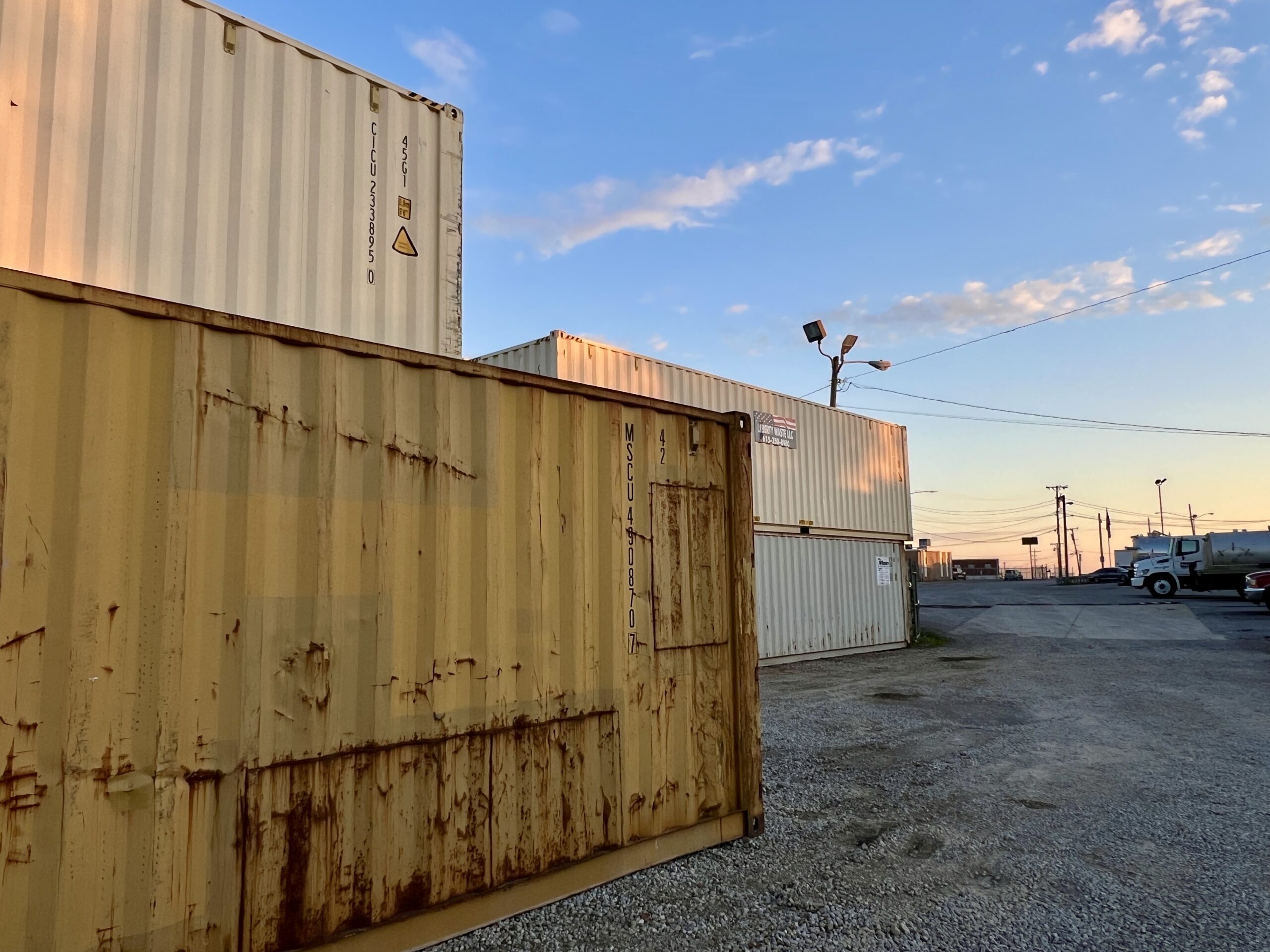
Storage Container Rentals in Logan County, Tennessee
Call today for a free quote (615) 912-8808
Storage Container
Fast, Easy, & 100% Free To Get Started
Over 40 Years of Experience
With over 40 years of experience, our storage container services in Logan County exemplify dedication and reliability. We pride ourselves on our strong community ties and commitment to delivering the highest quality service, ensuring customer satisfaction is at the heart of what we do.
Unmatched Quality Service
Our storage container company provides unmatched quality service, ensuring every rental meets our high standards. Experience peace of mind with secure, clean containers and personalized customer care dedicated to fulfilling your unique needs.
Fast, Reliable Delivery
Enjoy fast, reliable delivery with our storage container rentals. We prioritize efficiency to ensure that you receive your order promptly, every time, making your project planning hassle-free and straightforward.
Reliable Storage Solutions in Logan County
Call for a Free Quote Today
(615) 912-8808
Welcome to your trusted partner for Storage Container rentals in Logan County, Tennessee. As a locally owned business known for exceptional dependability, we deliver unwavering reliability. With years of experience, we serve not just Logan County but also its surrounding areas. Our storage containers offer the perfect solution for diverse occasions: secure storage for construction sites, extra space for parties, convenient options for festivals, and seamless solutions for weddings. In storage container rentals, we focus on delivering a smooth experience that emphasizes quality and customer satisfaction.
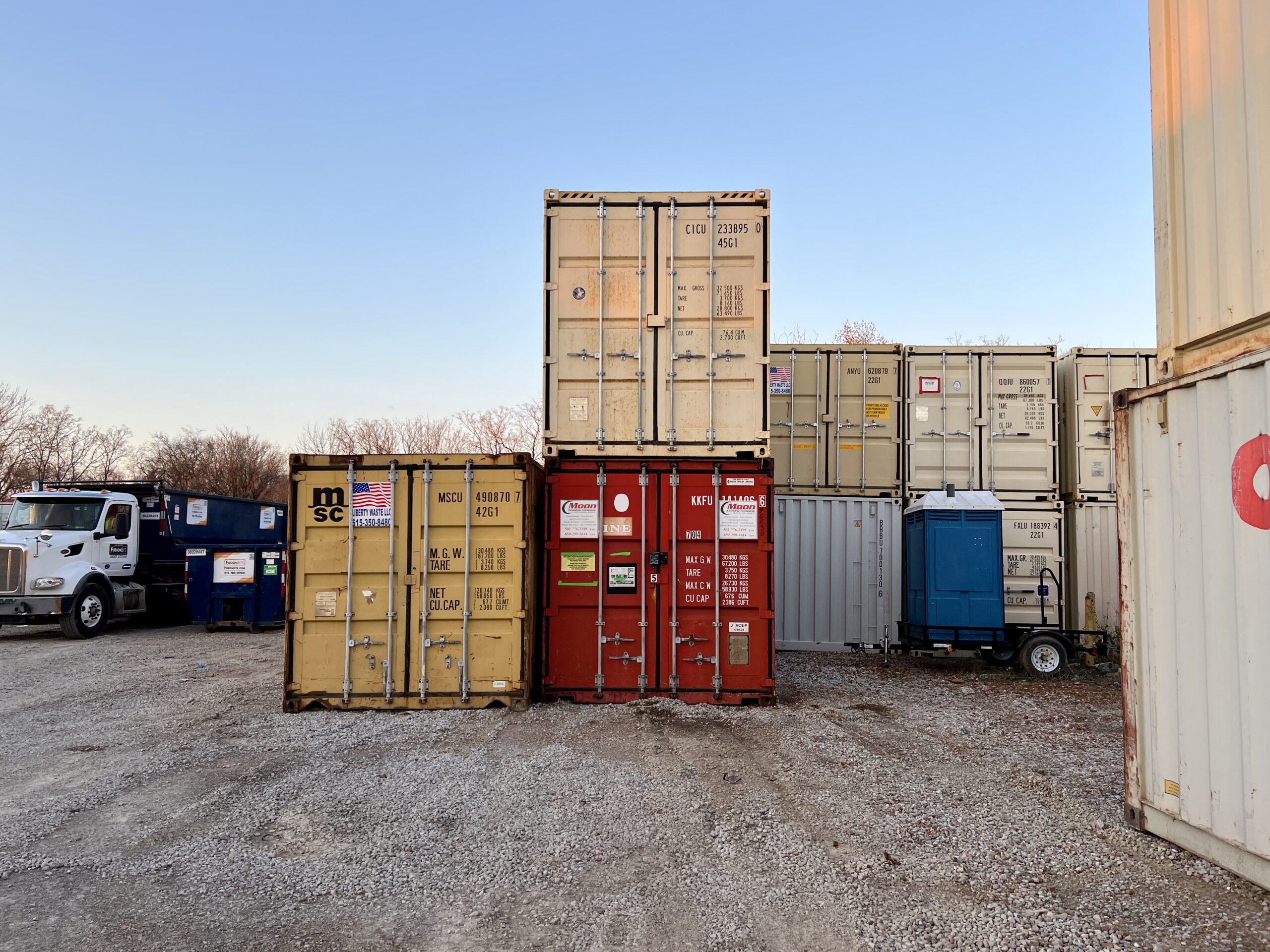
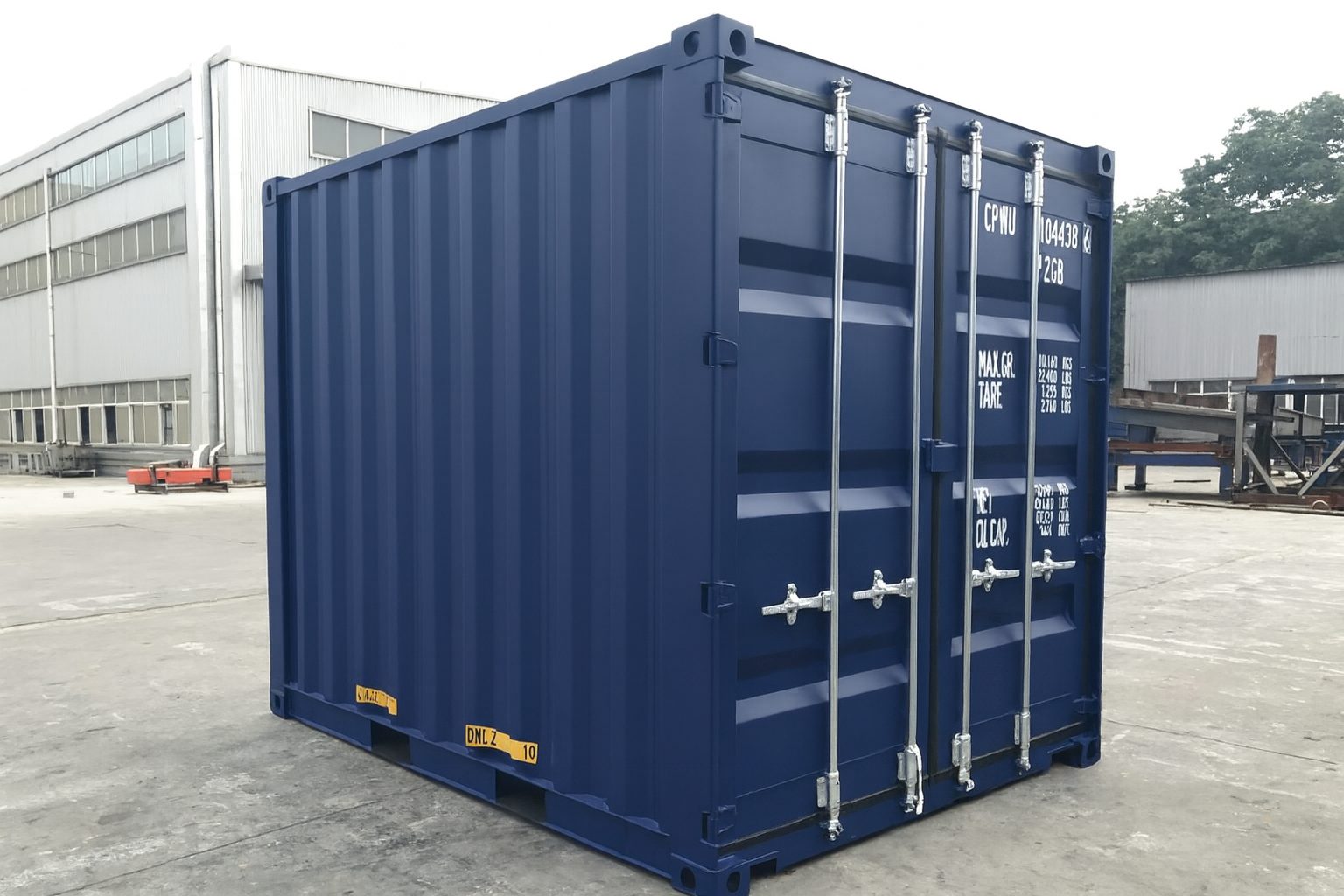
10-Foot Storage Container
Dimensions: 10′ × 8′ × 8′
Capacity: ~640 ft³
Perfect for small moves, dorm clean-outs, or seasonal overflow.
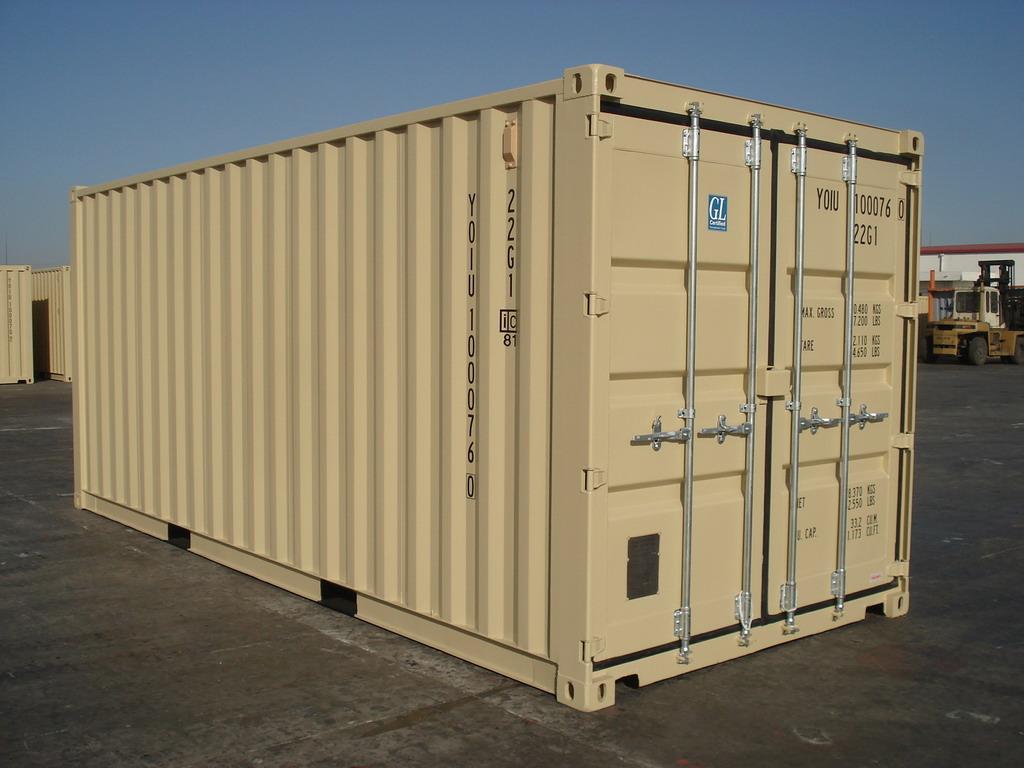
20-Foot Storage Container
Dimensions: 20′ × 8′ × 8′
Capacity: ~1,360 ft³
Ideal for apartment relocations or business inventory needs.
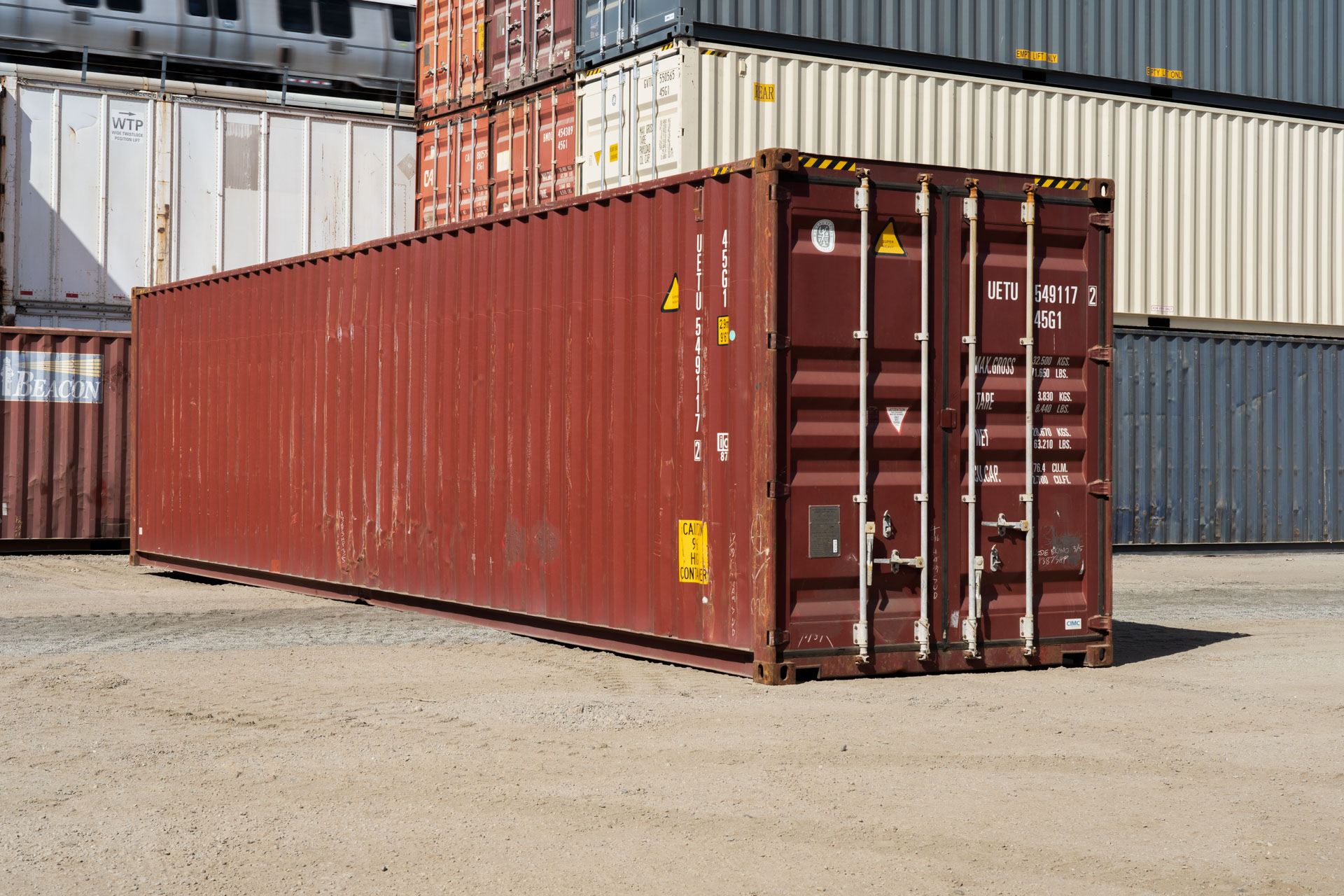
40-Foot Storage Container
Dimensions: 40′ × 8′ × 8′
Capacity: ~2,720 ft³
Suited for full-house moves, large equipment, or commercial warehousing.
We Proudly Serve
Standard Portable Toilets
Standard portable toilets provide reliable sanitation for events and worksites in FusionSite Nashville, ensuring cleanliness and convenience.
High Rise Portable Toilets
High-rise portable toilets offer convenient restroom facilities for Tennessee's multi-story construction sites in Logan County.
Restroom Trailers
Restroom trailers at Logan County deliver luxury portable restroom solutions with FusionSite Nashville's commitment to quality.
Roll off Dumpsters
Roll-off dumpsters in Logan County by FusionSite Nashville offer efficient waste management solutions for any project.
Septic Tank Cleaning
Septic tank cleaning services at FusionSite Nashville ensure effective waste management with thorough maintenance and attention.
Grease Trap Cleaning
Grease trap cleaning in Logan County, Tennessee, is designed to maintain optimal kitchen operations and comply with local regulations.
Fencing & Barricades
Fencing & barricades from FusionSite Nashville, Tennessee, offer sturdy, versatile site security solutions tailored to your needs.
Residential Storage
Residential storage in Tennessee, Logan County, offers safe and convenient solutions for short-term and long-term storage needs.
Logan County's Premier Storage Solutions
Obtaining a quote for our storage container services is straightforward and convenient, designed to simplify your planning process. Simply fill out our quick and easy online form, accessible at both the top and bottom of our webpage, or click any 'Get A Quote' button visible throughout our site. The form requires just a few details, including your first and last name, phone number, and email. Once submitted, our team promptly reviews your request, providing you with a comprehensive quote tailored to your specifications.
Our delivery process is also designed with your convenience in mind. After confirming your rental, our logistics team coordinates closely with you to arrange a delivery time that suits your schedule. We pride ourselves on our punctuality, ensuring that your storage container arrives precisely when you need it, allowing you to focus on what matters most—whether that's organizing an event or completing a construction project. Our seamless rental procedure, combined with the robust and secure offerings of our storage containers, provides a stress-free experience.
Moreover, our transparent pricing structure means no surprise costs, giving you clear expectations of what to expect. Our commitment to customer satisfaction drives us to continuously improve and perfect this process, ensuring it's as effortless as possible for you. At every step, from inquiry to delivery, we aim to exceed your expectations, making your search for temporary storage solutions efficient and reliable. Trust us for your portable storage needs in Logan County.
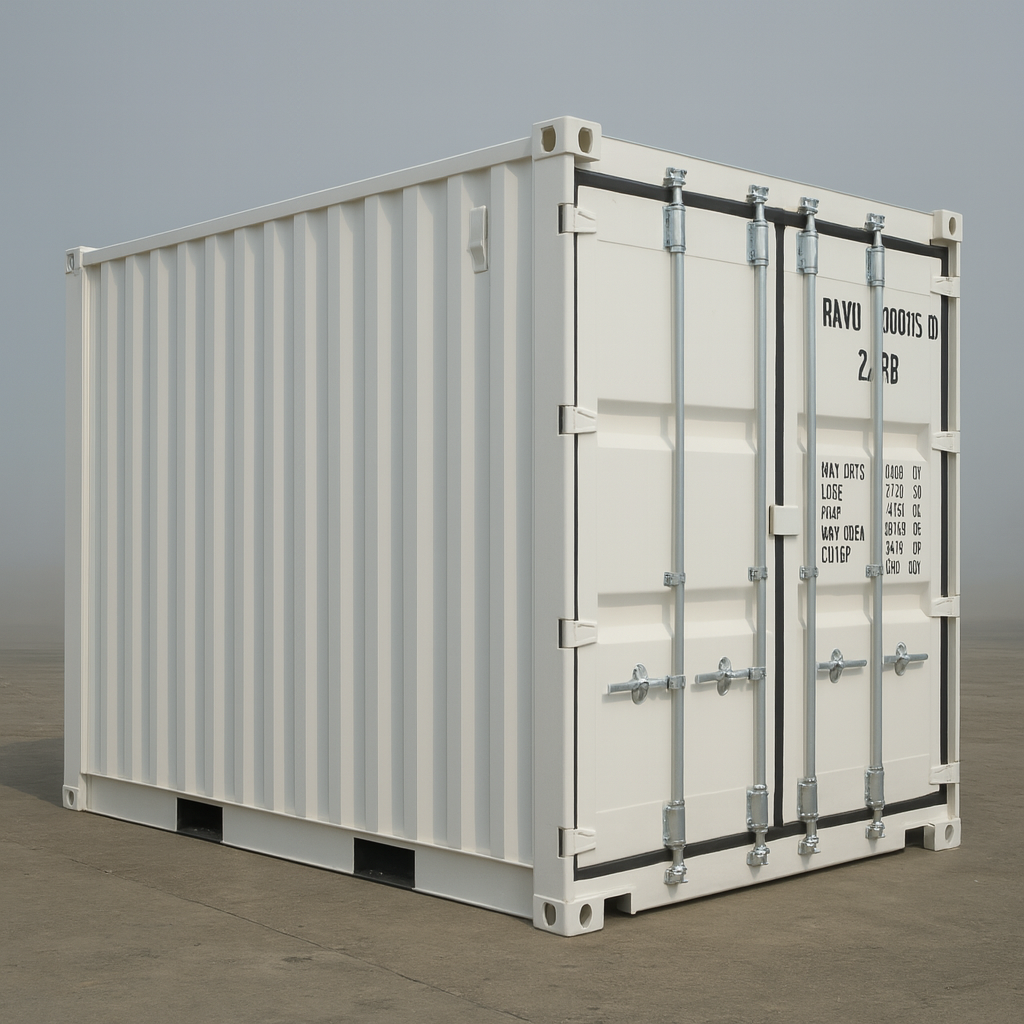
Discover the charm of Logan County with our premier storage container services. Nestled in this picturesque area, we blend the serene countryside beauty with efficient storage solutions tailored to your needs. Whether you're planning an outdoor gathering for the Logan County Fair or simply need extra space, our containers are clean, reliable, and ready to deploy. Local events and attractions are enriched by our convenient, on-demand storage solutions, seamlessly supporting community functions and gatherings. With our expertly maintained containers, we ensure logistics are the last thing on your mind as you enjoy the local flair. We cater to the unique characteristics of Logan County, offering storage options that fit every requirement and enhance any occasion. Our service is a natural extension of the community's spirit, making our storage containers the top choice for events, businesses, and residencies in the area.
Why choose our storage container services in Logan County? Our dedication to excellence thrives within the heart of the community. We deliver more than storage; we offer peace of mind with clean, secure, and high-quality solutions customized to meet your needs.
Our skilled team operates tirelessly to elevate your storage experience beyond expectations. Whether you need temporary storage for an event or continuous business solutions, our trustworthy services distinguish themselves with convenience and flexibility. Our commitment to customer satisfaction and deep understanding of Logan County make us the top choice for storage containers.
Fast and reliable service delivery is at the core of our storage container operations in Logan County. We understand the urgency of your storage needs, and our team is dedicated to swift and precise service. From the moment you place an order, we work tirelessly to ensure that your storage container is delivered promptly and securely.
Our streamlined logistics and local expertise allow us to provide a service that not only meets but exceeds expectations. You can rely on our commitment to punctuality and professionalism, ensuring that all your storage requirements are handled with efficiency and care. Choose us for a fast, reliable solution to your storage container needs.
Learn More About Our Storage Containers in Logan County
Renting a storage container in Logan County is designed to be a simple and straightforward process, ensuring that you can secure the right solution for your needs with minimal hassle. The first step involves visiting our website where you will find forms conveniently located at both the top and bottom of our pages, labeled 'Get A Quote.' Clicking on these prompts will direct you to fill out a brief form, which requires your first name, last name, phone number, and email.
Once your details are submitted, our dedicated team quickly reviews your request and reaches out to provide a comprehensive quote tailored to your specific requirements. This quote not only covers the cost but also any additional services you might need, offering a transparent overview of our rental services. Throughout this process, our customer support team is available to assist with any questions you may have, ensuring clarity and reassurance.
The convenience of this online system allows you to initiate and progress with your rental at your leisure, whether for personal, business, or event needs. Furthermore, should any customization be necessary, we are equipped to discuss and implement these options efficiently. Once the quote is accepted, our service team coordinates delivery, explaining any preparation needed from your side to facilitate a smooth delivery experience.
This streamlined rental procedure is designed with your convenience in mind, offering flexibility, ease of use, and expert support every step of the way. The straightforward nature of this system allows you to focus on planning your project or event without unnecessary disruptions or stress, while our seasoned staff ensures that every aspect of your rental meets the high standards of service we are known for.
Understanding the typical delivery timeframe for storage container orders is crucial for planning any project or event efficiently. Generally, upon placing an order and confirming the details of your rental, our team strives to arrange delivery as swiftly as possible, often within a matter of days. The exact timeframe can vary based on factors like your location within Logan County, current demand, and any specifications required for your rental.
We prioritize ensuring that every order is processed promptly, with our logistics team working diligently to secure your delivery on schedule. To accommodate specific needs, it's recommended to place orders as early as possible, particularly during peak times when demand can be higher. Our well-organized delivery schedule means that once a date is set, we adhere strictly to it unless unforeseen circumstances arise, in which case we maintain open communication with our clients.
The shipping and transportation network we utilize is designed to support efficient delivery processes, minimizing delays through strategic route planning and load management. This network, coupled with our extensive local experience, ensures that we can meet our delivery commitments, providing peace of mind as you prepare for your project or event.
To facilitate the most accurate and timely delivery possible, we work closely with our clients to confirm all logistical details well ahead of time. This includes confirming location-specific requirements such as access points or necessary permits to ensure a smooth delivery and setup process. Our commitment to reliability and professionalism extends to every aspect of our service, with delivery being a priority focus to keep your plans on track.
Yes, we are proud to offer our versatile rental services to a wide range of events and construction services, tailored to meet diverse needs. Our offerings include portable toilets, luxury restroom trailers, roll-off dumpsters, fencing, barricades, holding tanks, ADA units, portable sinks, and hand sanitizer stations. This comprehensive suite of solutions is ideal for everything from large-scale festivals and sporting events to intimate weddings and corporate gatherings.
Our team is experienced in handling the logistics of servicing various events, ensuring that the setup and maintenance of our solutions are hassle-free for the duration of your event. Whether it's a public celebration or a private function, we provide the necessary infrastructure to accommodate large crowds efficiently and cleanly.
For construction sites, we provide robust, durable products designed to withstand heavy usage and promote a safe and sanitary working environment. Each service can be customized to suit the unique requirements of your site or event, from ensuring sufficient restroom facilities to managing waste and security solutions with our fencing and barricade options.
With our extensive expertise and unwavering commitment to quality, you can trust us to deliver not just products, but also peace of mind, knowing that every detail of site service logistics is expertly managed. Our team works closely with clients to ensure that our services are seamlessly integrated into the planning and execution phases of any project or event.

